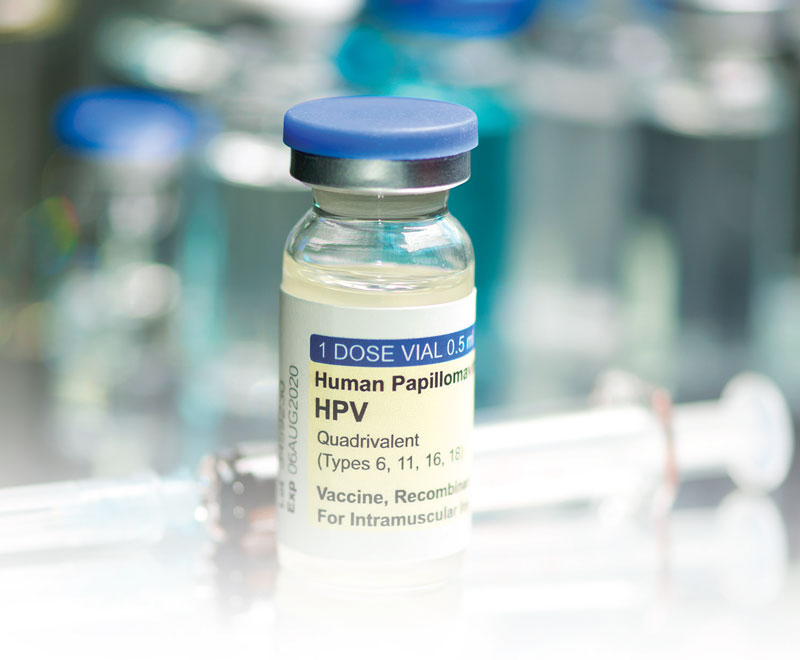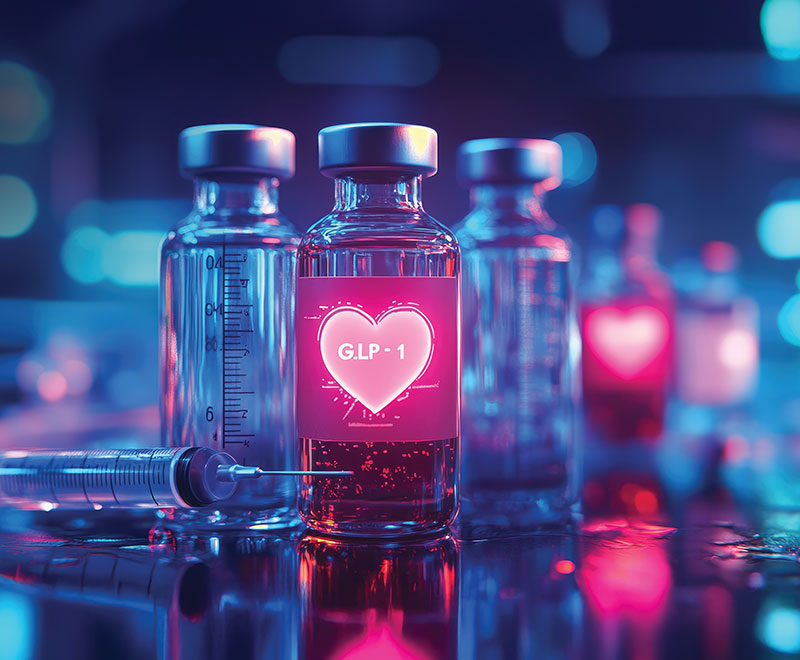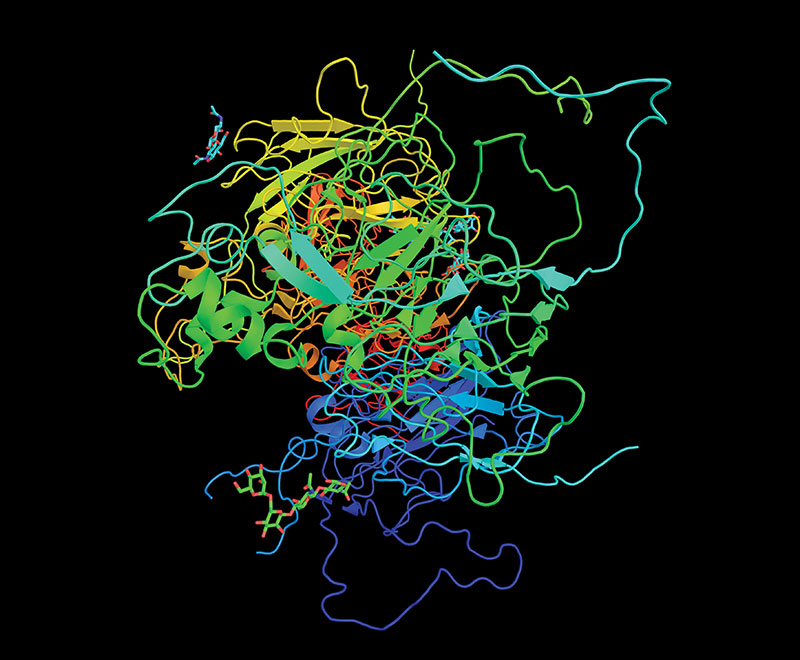Myths & Facts: Rheumatoid Arthritis

Rheumatoid arthritis is a chronic autoimmune disorder that primary affects the joints, but can also impact other bodily systems. Early diagnosis is key, and effective management of RA often involves a combination of medication, physical therapy and lifestyle modifications to alleviate symptoms and improve quality of life.
STIs: New Vaccines and Expanding Recommendations

The incidence and prevalence of STIs remain high, and the serious health consequences of contracting one make prevention a national imperative.
Update on Measles

Once eradicated in the U.S., measles is now on the rise due to a growing mistrust of public health guidance, but it is highly preventable with vaccination.
Travel Vaccines: What’s Needed and Why?

Protecting Americans against severe disease significantly reduces their chances of getting seriously sick while traveling abroad.
Navigating the Medical Misinformation Age

When it comes to online health information, the Internet is a place where falsehoods flourish. Combating questionable content is no easy task, requiring education, legislation and diligence from stakeholders in the healthcare, scientific and public health communities.
Decatastrophizing Patient Fears

Your words, tone and body language can escalate patient fears, but they also have the power to ease anxiety and help patients cope.
Myths & Facts: GLP-1 Drugs for Weight Loss

Misconceptions about GLP-1 drugs could interfere with patients’ efforts to achieve their weight-loss goals.
Diagnosing and Treating Infant Botulism

Since the approval of BabyBIG, the only treatment for this rare but life-threatening disease affecting infants mostly under 6 months, the mortality rate is now less than 15 percent.
Update on Rabies

Though mostly eradicated in the U.S., treatment for rabies must begin immediately with hyperimmune globulin and vaccines.
New and Better Hemophilia A Treatment Options Just Keep Coming

With 16 FVIII products now approved for the treatment of hemophilia A, many patients with this disease are now able to live a normal life.